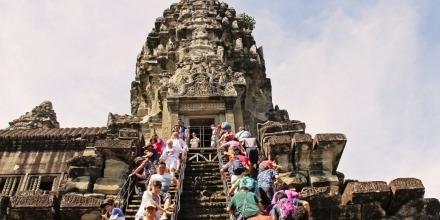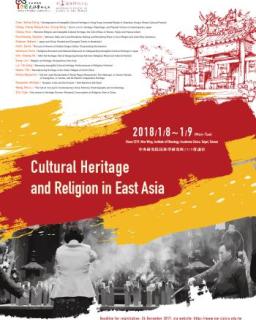
While religious heritage occupied one fifth world heritage sites in East Asia, yet very little research examines the interrelationship between the two.This project analyses the socio-cultural and political consequences of heritagisation of religious sites and practices. What is actually being revived and what is being invented? How does this development affect religious spaces and the perception of religion in the public realm? Does heritage serve as a new tool for the state to control and regulate religious spaces? Or does heritage offer a fertile ground for religious revival? Does the heritage industry engender secularization and a loss of religious efficacy? Or do such commercial practices lead to innovation in religious-spiritual life?
This project was funded by ANU CAP APIP Grant. A workshop has been organized as a collaboration between ANU and Taiwan Academia Sinica.
https://www.ioe.sinica.edu.tw/mobile/content/event_reg_Content.aspx?Site...
